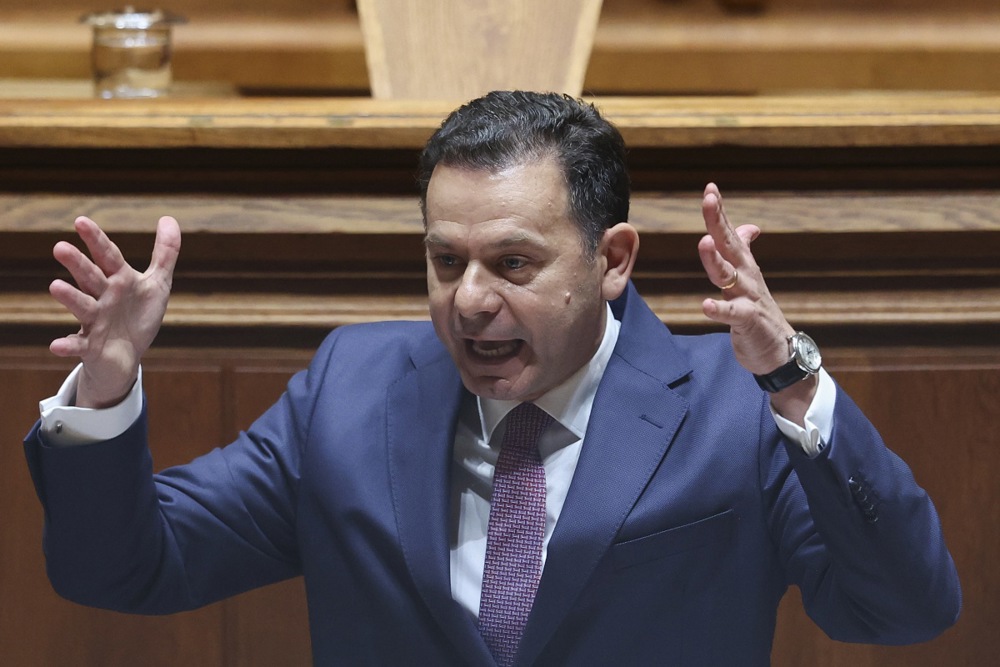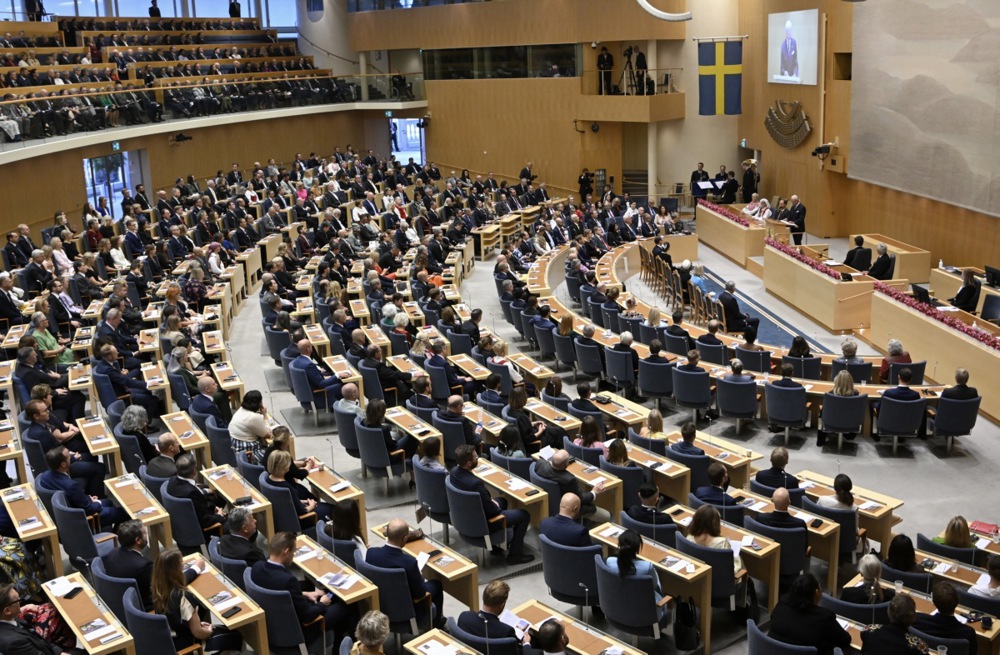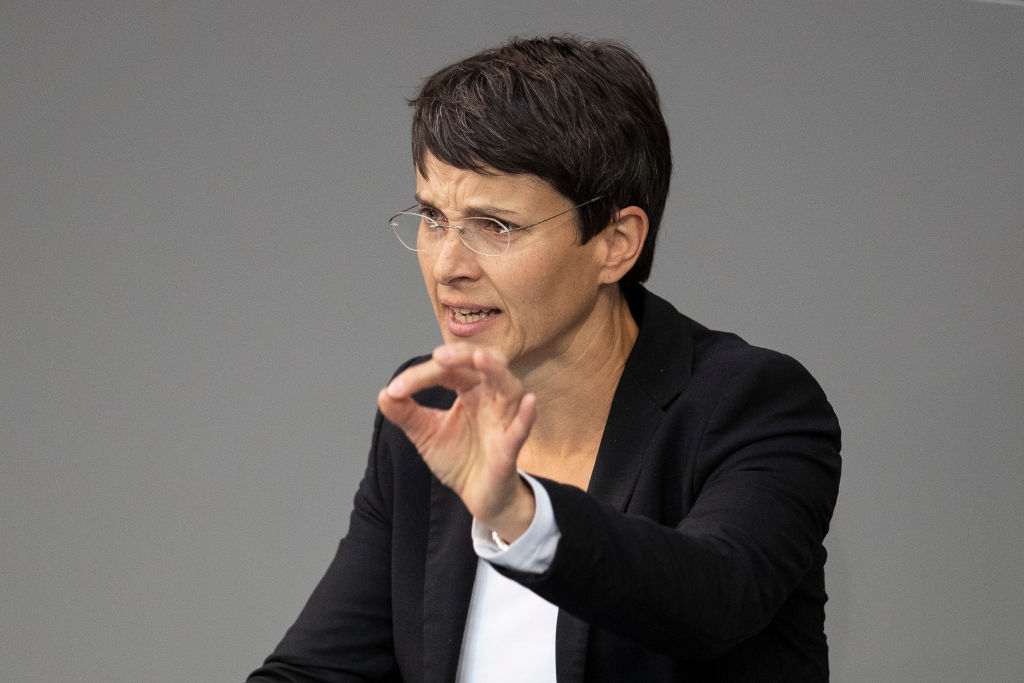Ethnic tensions have come to the fore in Portugal during the run-up to the May 18 general election – the third in just over three years – as insurgent party Chega! (CH) continues to bait Roma protestors who appear at their rallies.
Roma activists have taken to the front foot in recent weeks, showing up at events organised by CH, the third largest party in the Portuguese parliament, in northern cities such as Aveiro, Braga and Viana do Castelo to shout slogans and insults of ‘racism’.
The pushback has led to controversial counter responses from CH leader André Ventura, who has suggested that Roma protestors “have too much time on their hands”, inferring that members of the minority ethnic community choose to live off – and abuse – welfare programmes rather than find gainful employment.
Roma organisers refuted the claim and pointed to a parliamentary study that found their number represented less than 4 per cent of welfare beneficiaries.
Founded in 2019, CH shocked Portuguese politics by adopting a harsh tone against the Roma community, whom party leader André Ventura accuses of “living outside the law”. Chega! translates into English as Enough!
Roma community-related Non-Governmental Organisations (NGOs) maintain the Roma protests at CH rallies are organic and have responded to Ventura’s slurs by suing him for “hate speech”. The CH leaders has been fined in the past for discriminatory remarks towards Roma but has since moderated his tone.
However, members of other NGOs such as the Association for Solidarity with Gypsy and Ethnic Minority Communities (ACMET) acknowledge that the Roma demonstrations are coordinated at some level by organisations like themselves.
They claim supporters of Chega lie about Roma-related crime figures and that Ventura in particular is guilty of contributing towards “structural racism”. They say demonstrating against CH during the campaign had been their only effective response towards the accusations levelled against them.
Professor Riccardo Marchi from Lusófona University said that in his analysis, based on Social Movements Theory, the protest actions were “counterproductive” because “while the timing chosen was apt, the lack of preparation of the protestors ended up validating the right-wing narrative that the gypsy community is unruly and unlawful”.
The election was scheduled in late March by the country’s president after the ruling Democratic Alliance (AD) lost a motion of confidence in parliament after just a year in power, triggered by allegations of financial conflicts of interest surrounding government figures including Prime Minister Luís Montenegro.
CH is currently polling at around 20 per cent, their best performance so far, but trails both the AD on 33 per cent and PS on 26 per cent.





